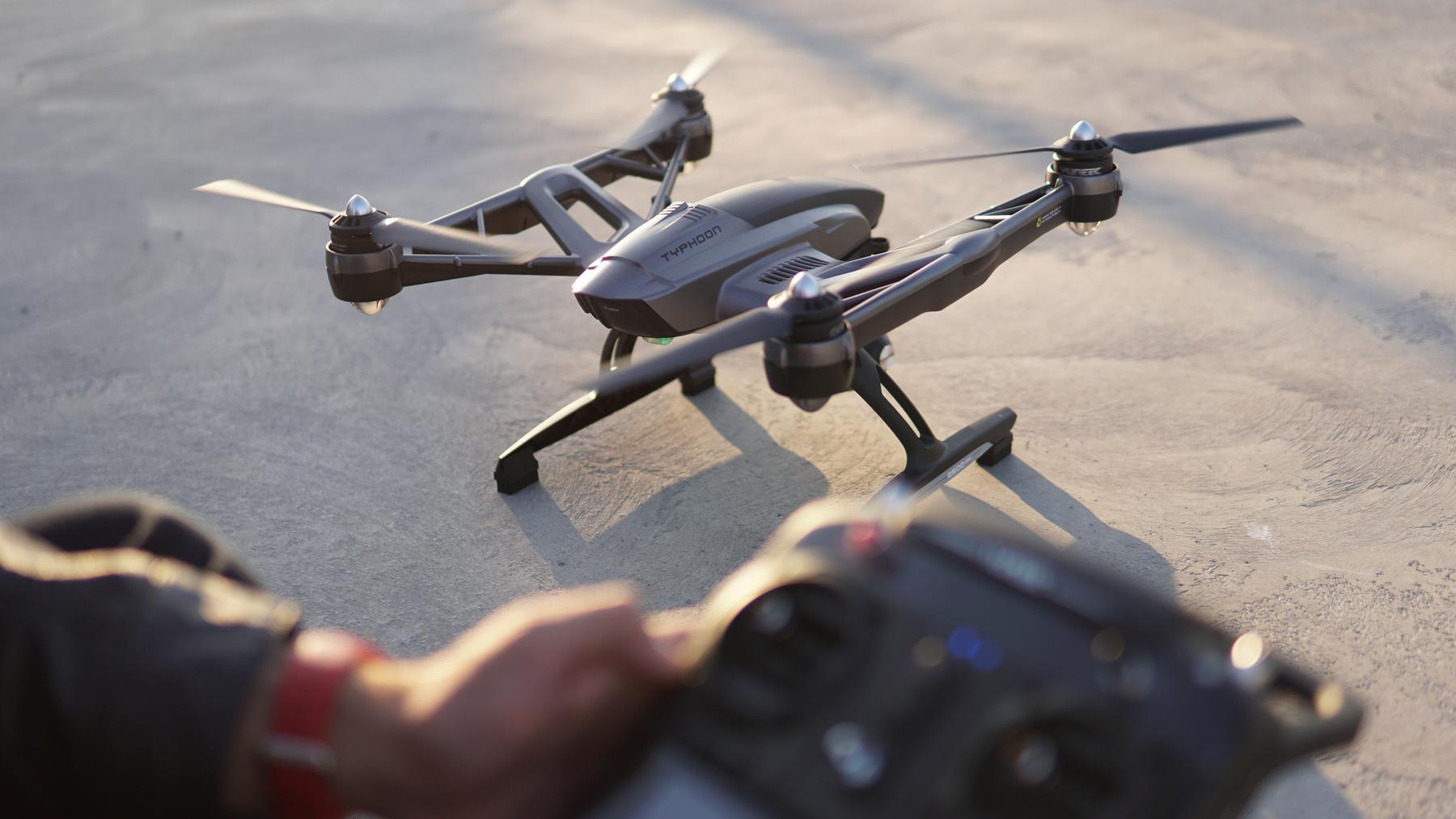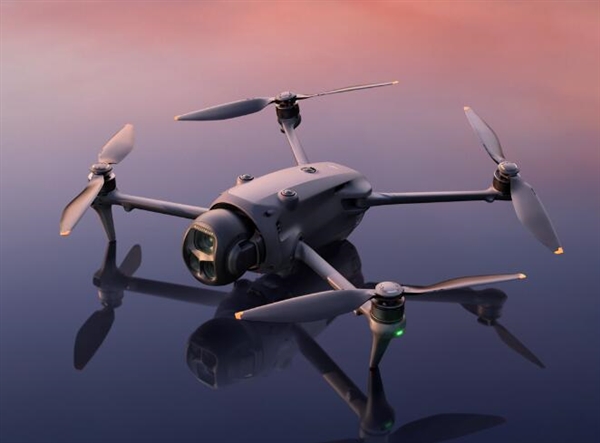Spy Drone Functionality
These advanced machines are deployed across various sectors, including military, law enforcement, and civilian applications. Their small size and powerful technology allow users to capture high-resolution images, track movements, and collect data discreetly from the sky. The use of spy drones can be particularly valuable in situations where human surveillance poses risks or challenges.
The primary advantage of spy drones lies in their ability to reach remote or otherwise inaccessible locations with minimal risk to operators. They provide real-time data collection and live video streaming, enabling decision-makers to respond swiftly to evolving situations. Furthermore, spy drones can be programmed for autonomous operation, navigating predefined paths or adapting to changes in real-time, thanks to sophisticated AI systems.


Applications and Benefits
Spy drones are gaining traction in diverse fields such as wildlife monitoring, disaster management, urban planning, and agriculture. In wildlife conservation, drone surveillance aids in the protection of endangered species by monitoring poaching activity without intruding on their natural habitat. They can also efficiently assess and manage emergency situations, like natural disasters, by providing critical information on affected areas, facilitating the coordination of rescue efforts.
Urban infrastructure projects leverage drones for planning and monitoring progress, ensuring project timelines are met while minimizing resources and costs. In agriculture, drones gather data on crop health and pest activity, allowing farmers to implement more efficient and sustainable practices.
Challenges and Ethical Considerations
Despite their positive impact, the deployment of spy drones raises ethical concerns related to privacy and data security. The potential for misuse or unauthorized surveillance necessitates stringent regulations and guidelines to ensure responsible usage. Balancing security benefits with individual rights is crucial in the ongoing debate surrounding spy drone technology.
Concerns about the ability to collect data without consent have prompted discussions on the establishment of legal frameworks to govern drone operations and to protect privacy. Organizations and regulators are working toward solutions to address these challenges, seeking to provide accountability and transparency in drone surveillance activities.
Future Prospects
There is no doubt that the future of spy drone technology is promising, with potential breakthroughs in AI, battery life, and sensory capabilities. These advancements will enhance the versatility and efficiency of drones, making them indispensable tools in a variety of sectors. As technology progresses, the importance of maintaining ethical standards and regulations will become increasingly vital, ensuring that these innovations serve the greater good without infringing on privacy rights.